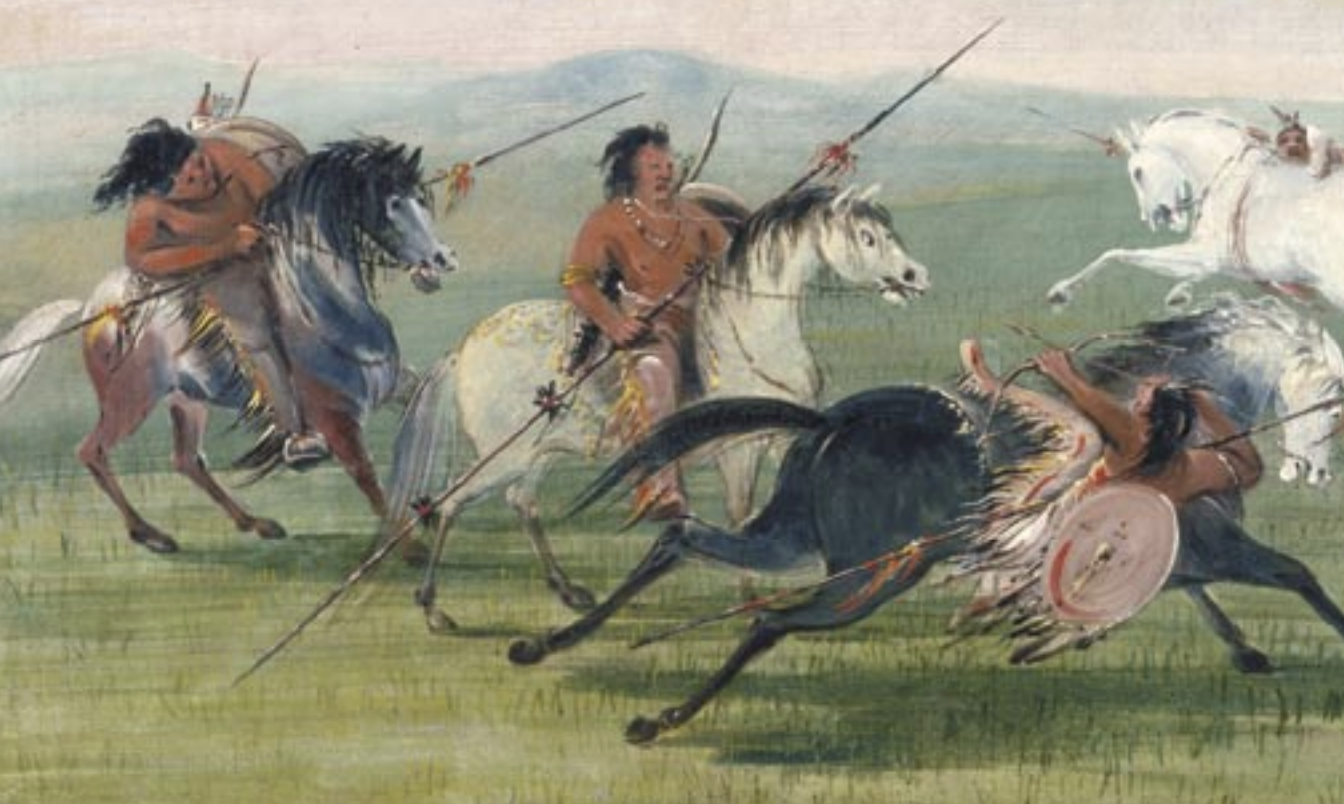
The 19th Century Comanche
These Plains Indians had a legal system based on accepted rules of conduct and individual rights.
Read more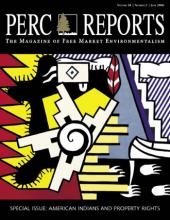

These Plains Indians had a legal system based on accepted rules of conduct and individual rights.
Read more
A return to property rights and the rule of law would restore economic strength and stewardship to American Indian Economies.
Read more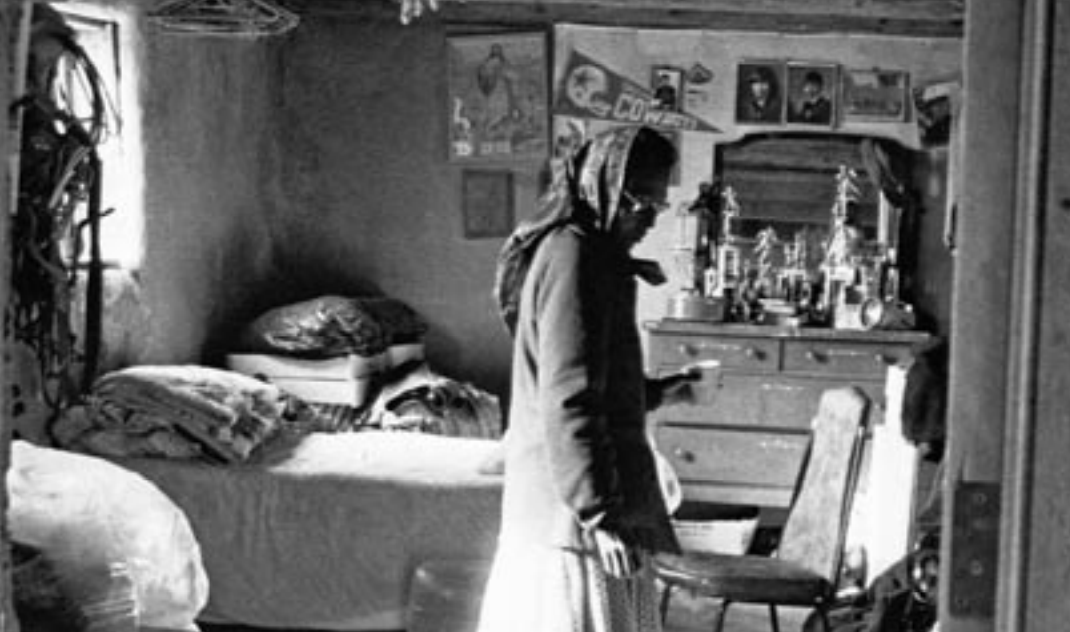
The reservation system, instituted in the nineteenth century, destroyed the successful property rights systems of the past.
Read more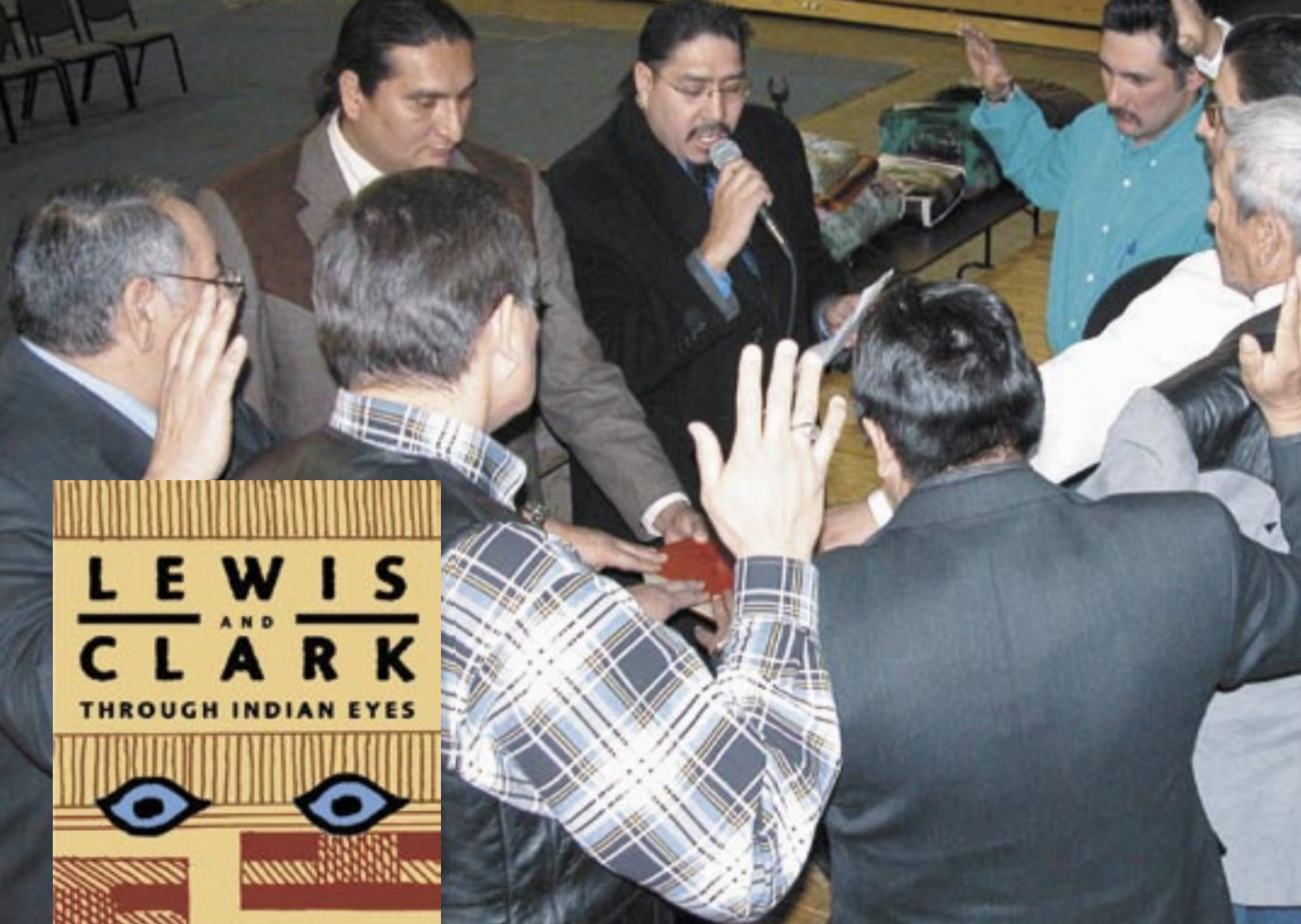
Tribal sovereignty is an achievement, but just as important in enabling Indians to be entrepreneurial is recognizing the role of the individual.
Read more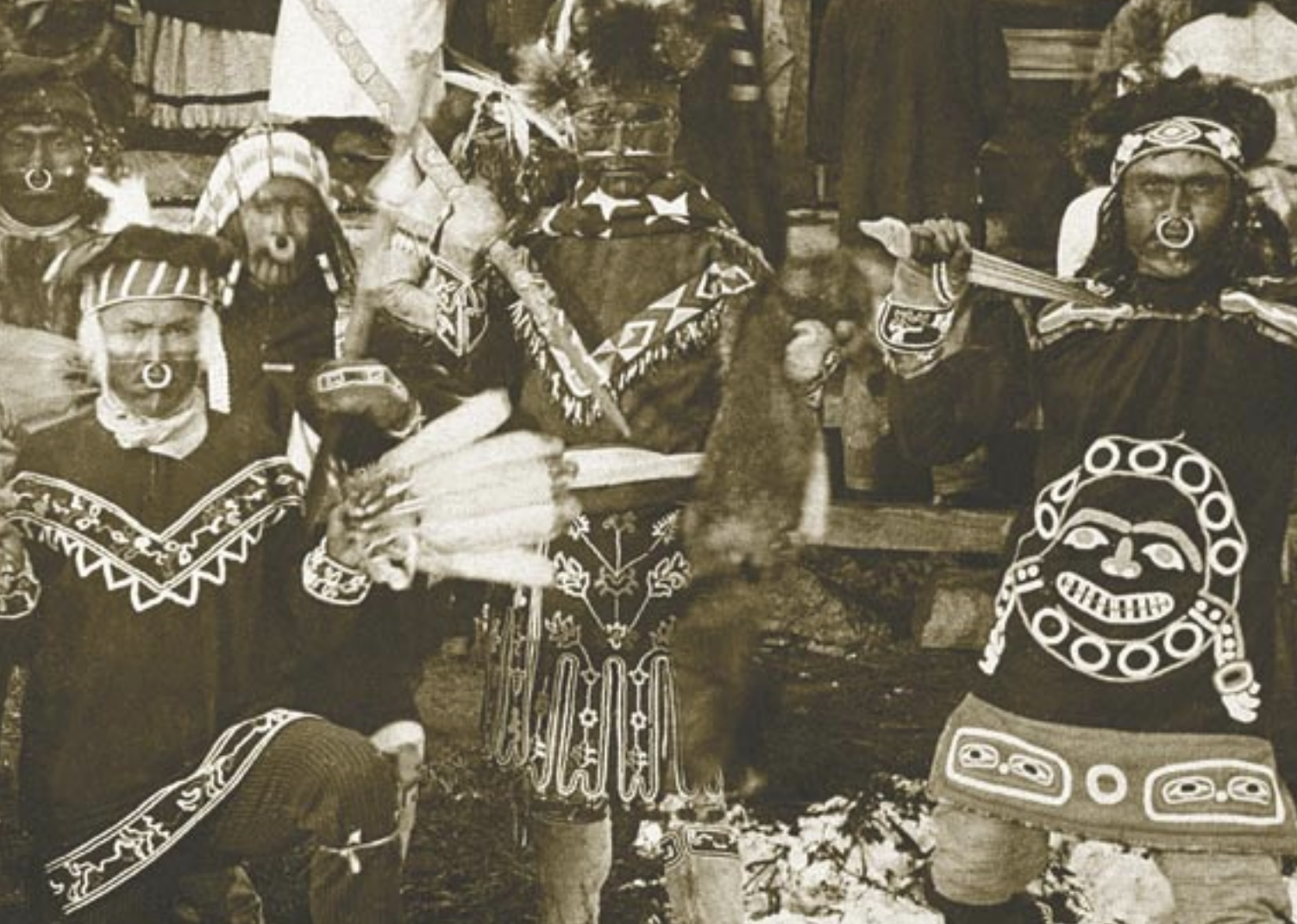
British Columbia could resolve its conflicts over salmon by an auction that resembles the 'rivalry potlatches' of the past.
Read more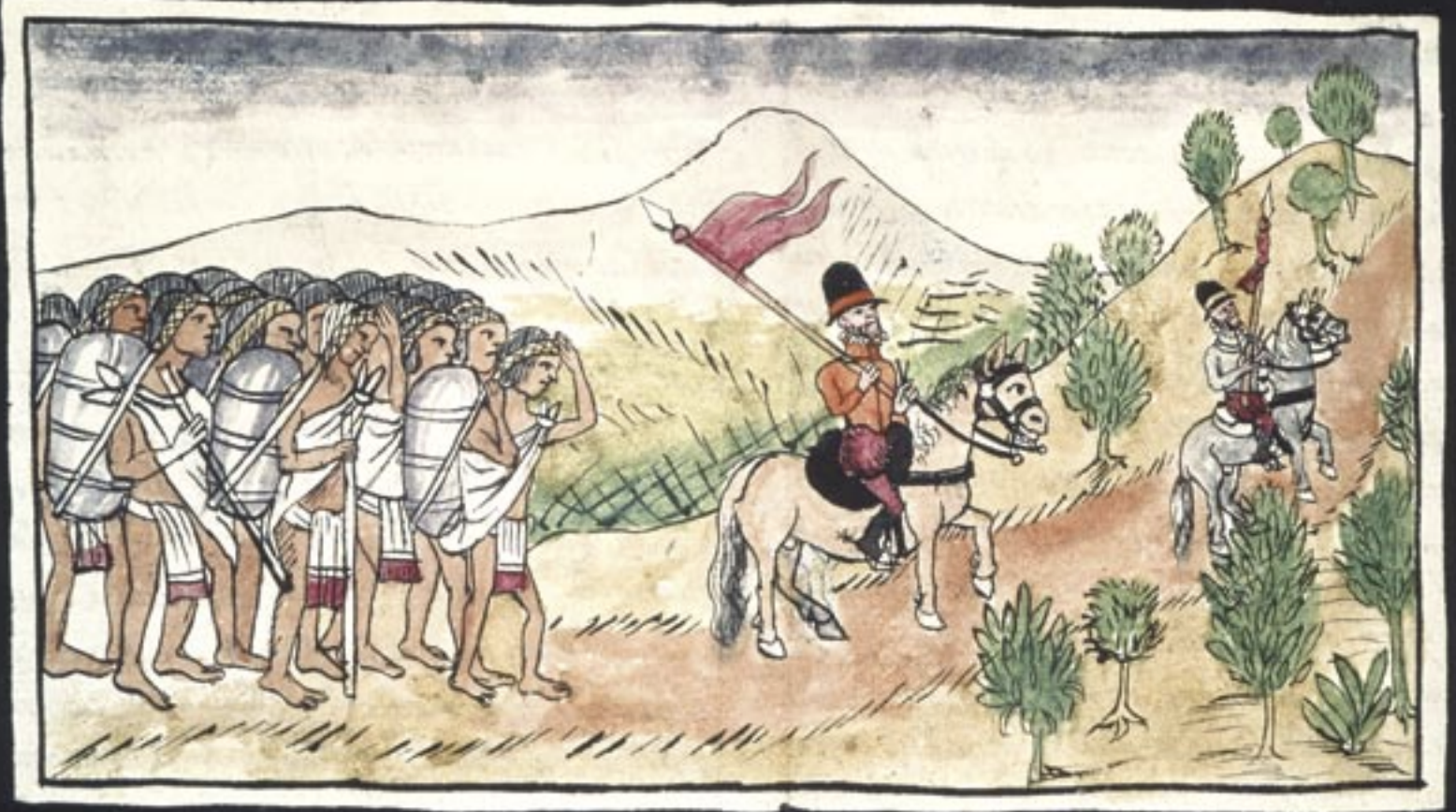
Economic evidence reveals that property rights are more critical for prosperity than an efficient method of settling contractual disputes.
Read more
In the heart of Cambodia is the most important waterbird zone in mainland Southeast Asia. At Prek Toal, just-hatched chicks peep in deafening high tones, while larger birds take off, land, and perform mid-air acrobatics. Many rare and endangered birds make their home here, a UNESCO Biosphere Reserve on the edge of Tonle Sap, SoutheastContinue reading "The 19th Century Comanche"
Read more
When the elevator stops on the top floor of some of the world’s newest downtown skyscrapers, the occupants may be in for a surprise. Before them may be a field of waving native grasses and a stunning display of wildflowers. Birds chirp, and butterflies go about their business without even noticing they are in midtownContinue reading "The 19th Century Comanche"
Read more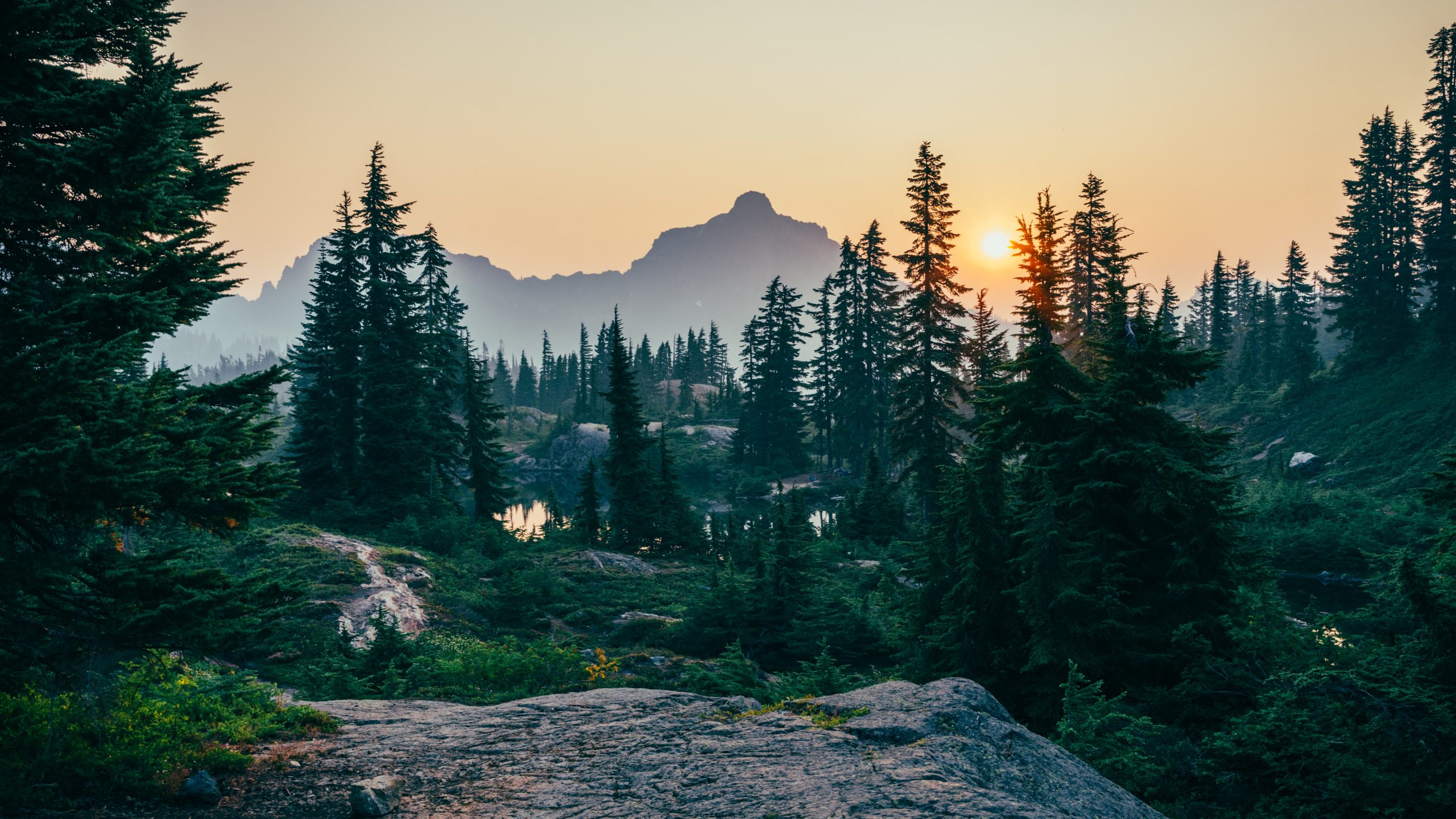
While rampant illegal logging takes place around them, two indigenous communities in Nicaragua have banned together to harvest wood in a sustainable manner and to act as a buffer for Nicaragua’s largest protected area. Indigenous people own and manage more than 54,000 acres adjoining the 1.8 million-acre Bosaws Reserve. With help from conservation groups, theyContinue reading "The 19th Century Comanche"
Read more
A Distorted Picture of Canadian Forests Alison Berry?s article about Canadian forest management (?Timber Tenures,? March 2005) takes a somewhat truncated view of the situation?giving us all of the good but none of the bad. There are some very large downsides to the timber lease and tenure structures, and those pitfalls have causedContinue reading "Letters to the Editor"
Read more